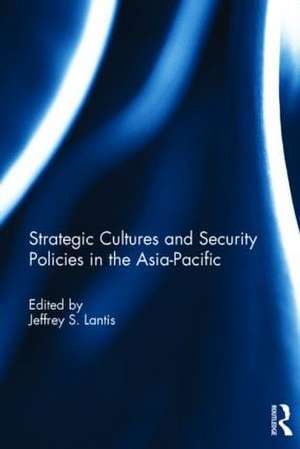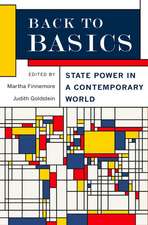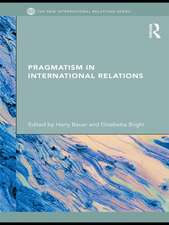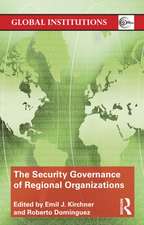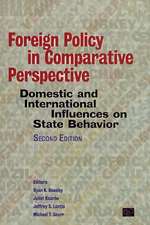Strategic Cultures and Security Policies in the Asia-Pacific
Editat de Jeffrey S. Lantisen Limba Engleză Hardback – 19 dec 2014
This book was published as a special issue of Contemporary Security Policy.
| Toate formatele și edițiile | Preț | Express |
|---|---|---|
| Paperback (1) | 257.68 lei 6-8 săpt. | |
| Taylor & Francis – 18 dec 2020 | 257.68 lei 6-8 săpt. | |
| Hardback (1) | 997.90 lei 6-8 săpt. | |
| Taylor & Francis – 19 dec 2014 | 997.90 lei 6-8 săpt. |
Preț: 997.90 lei
Preț vechi: 1216.95 lei
-18% Nou
Puncte Express: 1497
Preț estimativ în valută:
191.01€ • 207.55$ • 160.55£
191.01€ • 207.55$ • 160.55£
Carte tipărită la comandă
Livrare economică 21 aprilie-05 mai
Preluare comenzi: 021 569.72.76
Specificații
ISBN-13: 9781138841444
ISBN-10: 1138841447
Pagini: 182
Dimensiuni: 156 x 234 x 15 mm
Greutate: 0.39 kg
Ediția:1
Editura: Taylor & Francis
Colecția Routledge
Locul publicării:Oxford, United Kingdom
ISBN-10: 1138841447
Pagini: 182
Dimensiuni: 156 x 234 x 15 mm
Greutate: 0.39 kg
Ediția:1
Editura: Taylor & Francis
Colecția Routledge
Locul publicării:Oxford, United Kingdom
Cuprins
1. INTRODUCTION: Strategic Cultures and Security Policies in the Asia-Pacific Jeffrey S. Lantis AUSTRALIA 2. Australia’s Strategic Culture: Constraints and Opportunities in Security Policymaking Alex Burns and Ben Eltham CHINA 3. China’s Real Strategic Culture: A Great Wall of the Imagination Andrew Scobell JAPAN 4. Japan’s Strategic Culture: Security Identity in a Fourth Modern Incarnation? Andrew L. Oros PHILIPPINES 5. Philippine Strategic Culture: Continuity in the Face of Changing Regional Dynamics Renato Cruz De Castro SOUTH KOREA 6. Strategic Culture of the Republic of Korea Jiyul Kim UNITED STATES 7. United States Strategic Culture and Asia-Pacific Security Brice F. Harris RETROSPECTIVE 8. What Can Strategic Culture Contribute to Our Understanding of Security Policies in the Asia-Pacific Region? David G. Haglund
Notă biografică
Jeffrey S. Lantis is Chair of the Department of Political Science and a Professor of Political Science/International Relatiosn at The College of Wooster. A former Fulbright Senior Scholar at the Australian National University, he is author of numerous books, journal articles, and book chapters on strategic culture, transatlantic relations, nuclear non-proliferation, and foreign policy in comparative perspective. Lantis holds a Ph.D. in Political Science from The Ohio State University.
Descriere
This book features an original collection of essays on strategic cultures in the Asia-Pacific. Globalization, the ascendance of China, North Korean nuclear ambitions, and tensions over territory and resources have impacted many countries in Asia-Pacific and have drawn much needed attention from scholars and policy-makers working to manage challenges to regional and international security in the 21st century.
This book was published as a special issue of Contemporary Security Policy.
This book was published as a special issue of Contemporary Security Policy.
